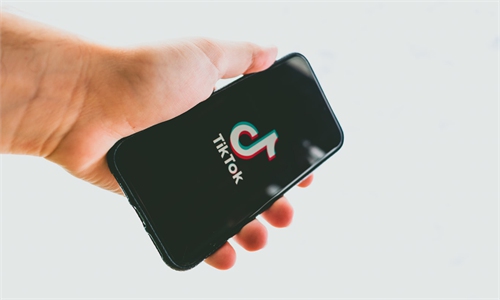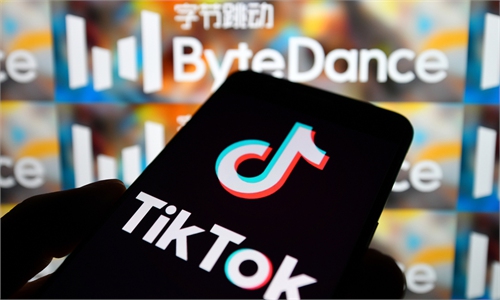SOURCE / INDUSTRIES
TikTok sees big potential in Southeast Asia as digital economy grows

Photo taken on Aug. 21, 2020 shows the video-sharing social networking company TikTok's Los Angeles Office in Culver City, Los Angeles County, the United States. TikTok confirmed Saturday that it will file a lawsuit against the Trump administration over an executive order banning any U.S. transactions with its parent company ByteDance. (Xinhua)
Despite the blatant squeeze by the Trump administration of Chinese technology company TikTok, the company sees growing prospects in Southeast Asia.
Experts said that as the premium social app provider in the region, TikTok is seeing rising popularity among local users and authorities, given the need for closer economic ties between China and Southeast Asian countries.
In a written interview with Indonesian Ambassador to China Djauhari Oratmangun on Thursday, he expressed optimism on the development of tech companies such as TikTok in Indonesia, where the digital economy continues to grow.
Oratmangun said that collaboration among start-ups in the digital economy will be the new economic driver in Indonesia, with appropriate regulations supporting the sector. This situation will boost collaboration between TikTok and Indonesian tech companies. "Much depends on how TikTok communicates with these companies," he said.
TikTok, one of the world's fastest-growing social media platforms, aims to digitize pandemic-battered small and medium-sized enterprises (SMEs) in Indonesia, the Jakarta Post reported in July.
TikTok has been downloaded by nearly 200 million users in Southeast Asia, a region with a population of about 630 million. More than half of those who downloaded it are under 30 years old, according to Sensor Tower, a mobile application data research firm.
In countries such as Indonesia, Thailand, Malaysia and the Philippines, TikTok is among the top 10 app downloads, while in the video app download category, TikTok is usually No.1, the report said.
Tan Ruifan, a Singaporean who has become a loyal user of the platform after around eight months, told the Global Times that he spends about a hour or two every day watching videos of travel destinations and famous restaurants tin China. He also buys many products on TikTok.
Although the Trump administration has made claims about users' data security, Tan said that he sees no reason to worry.
"There is nothing that can replace TikTok in Singapore, and I believe if it is doing a good job, which I think it is beginning to, in localization, its development space will be even bigger," said Tan.
Nina D'Costa, another Singapore-based TikTok user, told the Global Times on Thursday that she finds the app entertaining and innovative. "My favorite feature of the app is its in-app editing platform."
Another used named Chan, also based in Singapore, said she likes the TikTok platform because it allows her to discover new comedians.
"Some of the features on TikTok can be quite innovative such as the duets. It's also quite interesting how the algorithm works and it seems that the app has started monetization to drive stickiness with content creators," Chan said.
Speaking of the US government's bullying of the app, D'Costa said it is one of the major countries where its users are able to monetize content. "US users are definitely not happy with this."
"Instagram has come out with a competitive feature called Reels. It works the same way as TikTok but is all housed under Instagram," she added.
Chinese internet giants like Alibaba and Tencent have invested heavily in the fast-growing Southeast Asian markets, in hope of replicating their success in China, and the opportunities have exceeded the potential challenges, industry analysts said.
"The US move to put political pressure on TikTok to curb its further growth cannot be followed in Southeast Asia, where both the industry and users recognize Chinese internet products," said Liu Dingding, an independent internet analyst based in Beijing.
Unicorn firms in Southeast Asia backed by Chinese investment have become representative of their respective industries and won popularity such as e-commerce firm Lazada and riding-hailing app Gojek.
"TikTok could set up its server and whole team in Southeast Asia, fully cut off from US intervention," said Liu.




